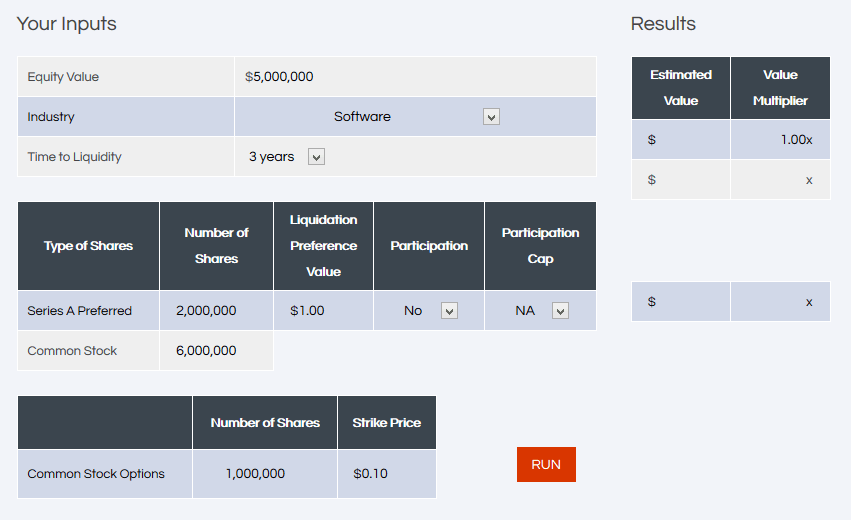With so much focus on the valuation of the last financing round, value dilution of more junior equity classes is often overloooked. Indeed, $2 paid in the latest Series B round does not entitled common or Series A shareholders to the same value per share. Common sense along with the financial theory tells us that junior equity tranches are less valuable. If that’s the case, why do we insist on measuring dilution based on fully converted shares and ignore the actual value of each equity tranche.
According to Exit Poll published by Thomson Reuters and the National Venture Capital Association (NVCA) this April, M&A’s accounted for 81% to 98% of exits in the last six years. Many sizable or seemingly successful companies will sell for consideration not sufficent to pay anything to common shareholders or other junior equtiy holders. Because equity classes are not treated equaly in an M&A exit, understanding relative values of equty tranches at the time of financing becames paramaount. Equity holders have to get in line; their payouts are based on complex set of preferences granted to all equity holders; the returns on your investments or enterprenural efforts will vary dramatically depending on what’s in that term sheet/s.
We created a Term Sheet Value Calculator to illustrate the point. If you simply run the the model as populated, you will see that the value of a common share is 10% lower than that of a Series A share. Change Participation feature from non-participating to participating (“No” to “Yes”) and suddenly your common share is 35% less valuable than a Series A share. The Term Sheet Value Calculator illustrate the dynamic behynd most complex equity capital structures. Every shareholder, preferred or common, junior or senior, has to understand the re-distribution of enteprise value that takes place with every round of financing.



